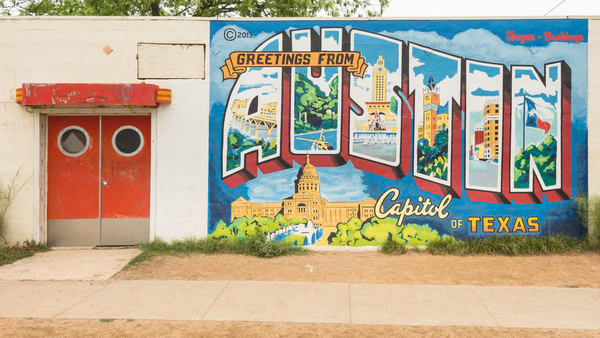
GGIS Colloquium: The Politics of Sound: soundscapes, gentrification, and the real estate state in Austin, Texas
- Event Type
- Seminar/Symposium
- Sponsor
- Geography & GIS
- Location
- Room 2049 Natural History Building
- Date
- Sep 1, 2023 3:00 pm
- Speaker
- Colt Pierce, Geography PhD student
- Cost
- This talk is free and open to the public.
- geography@illinois.edu
- Views
- 128
- Originating Calendar
- Geography and Geographic Information Science
Austin, Texas has quickly emerged as a one of the U.S. South's premiere high-tech and culturally diverse cities. Known as the Live Music Capital of the World, Austin is drastically transforming as corporations and tech workers move into the city. The objective of my research is to understand the particular nuances of this transformation as Austin becomes an economically and culturally dynamic regionally-based city. I argue that sound is a powerful, yet long-neglected resource in engendering city construction, is being deployed by the real estate state to drive urban change.
Sound, Pierce (2023) notes, is a significant influential force in the construction of cities—building neighborhoods, vibrant downtowns, and public spaces—and a highly political project. Sound, my dissertation argues, is meticulously managed, curated, silenced, and put at the service of capital in our cities to valorize land. The result: a subtle, below-the-radar gentrification that you cannot see but hear. In this frame, my dissertation calls for urbanists to view gentrification as not just the change of the visual and the aesthetic, but also, the restructuring of the urban soundscape. During this process, sound and soundscapes are racialized and classed to fulfill the needs of real estate capital.
